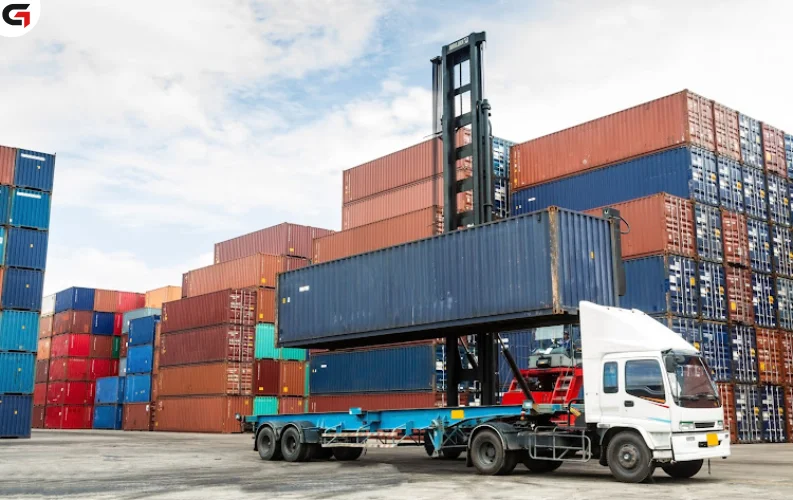Dubai – The UAE Ministry of Finance has clarified that free zone businesses seeking to benefit from the 0% corporate tax rate must meet strict criteria when it comes to distribution activities, under Ministerial Decision No. 265 of 2023.
According to the regulation, for income to be classified as “qualifying,” the distribution must be conducted in or from a designated zone, and goods entering the UAE must pass through the same zone.
“It’s not just about location, it’s about intention and execution,” said Johnson M. George, General Manager of Umm Al Quwain Free Trade Zone Authority.
Key Tax Qualification Conditions for Distributors
-
Designated Zone Requirement:
Operations must be carried out physically in or from a designated free zone approved by the UAE government. -
Goods Entry Compliance:
For imported goods, customs clearance must happen within the designated zone. Entry through any other port or facility may disqualify the activity. -
Eligible Goods:
Only tangible, movable goods qualify. Intangible assets like software licenses, digital goods, and services are excluded. Embedded software within goods may be included if it cannot be itemized separately. -
Type of Buyers:
Goods must be sold to distributors or processors, not direct end-users. Sales for consumption disqualify the transaction from tax exemption.
Clarifying Scenarios: What Qualifies and What Doesn’t
Scenario 1: Local-to-Local Supply Within UAE
Company F, a Free Zone entity, purchases goods from a mainland UAE manufacturer and resells them to a UAE distributor.
-
If the goods are already inside the UAE, and Company F operates from a designated zone, the activity is qualifying, even without physical movement through the free zone.
Scenario 2: International Import via Designated Zone
Company D, based in a designated free zone, imports goods from Country A and stores them at its facility in the free zone before selling locally.
-
Since the goods enter the UAE through the designated zone, and the company operates from it, this counts as qualifying distribution income.
Non-Qualifying Example:
If the same imported goods arrive through a different UAE port before reaching the company’s free zone facility, even if the seller is in the designated zone, 0% tax eligibility is lost.
Industry Takeaway
For UAE-based free zone firms, especially those in logistics and re-export, aligning supply chain operations with these rules is vital. The 0% corporate tax benefit hinges on location-based handling, customs compliance, and buyer intent.
“Free zone investors hold a powerful advantage. But without the right structure and substance, that advantage can vanish,” added George.
The clarification is part of broader efforts to ensure transparency, compliance, and competitiveness under the UAE's evolving corporate tax regime.




















